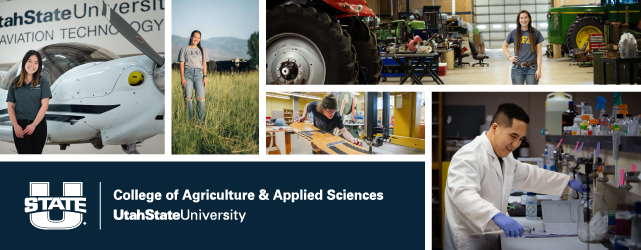Development and Characterization of Lactose-Positive Pediococcus Species for Milk Fermentation
Document Type
Article
Journal/Book Title/Conference
Appl. Environ. Microbiol.
Issue
62
Publication Date
1995
First Page
936
Last Page
941
Abstract
Bacteriophages against Streptococcus thermophilus are a growing problem in the Italian cheese industry. One possible control method involves replacing S. thermophilus in mozzarella starter blends with lactic acid bacteria from a different genus or species. In this study, we evaluated lactose-positive pediococci for this application. Because we could not identify any commercially available pediococci with fast acid-producing ability in milk, we transformed Pediococcus pentosaceus ATCC 25744, P. pentosaceus ATCC 25745, and Pediococcus acidilactici ATCC 12697 by electroporation with pPN-1, a 35-kb Lactococcus lactis lactose plasmid. Transformants of P. pentosaceus ATCC 25745 and P. acidilactici ATCC 12697 were then used to examine lactose-positive pediococci for properties related to milk fermentation. Both transformants rapidly produced acid and efficiently retained pPN-1 in lactose broth, and neither bacterium was attacked by bacteriophages in whey collected from commercial cheese facilities. Paired starter combinations of Pediococcus spp. and Lactobacillus helveticus LH100 exhibited synergistic pH reduction in milk, and small-scale cheese trials showed that these cultures could be used to manufacture part-skim mozzarella cheese. Results demonstrate that lactose-positive pediococci have potential as replacement cocci for S. thermophilus in Italian cheese starter blends and may facilitate development of new strain rotation schemes to combat S. thermophilus bacteriophage problems in mozzarella cheese plants.
Recommended Citation
Caldwell, S.L, D.J. McMahon, C.J. Oberg and J.R. Broadbent. 1995. Development and characterization of lactose-positive Pediococcus species for milk fermentation. Appl. Environ. Microbiol. 62:936-941.





